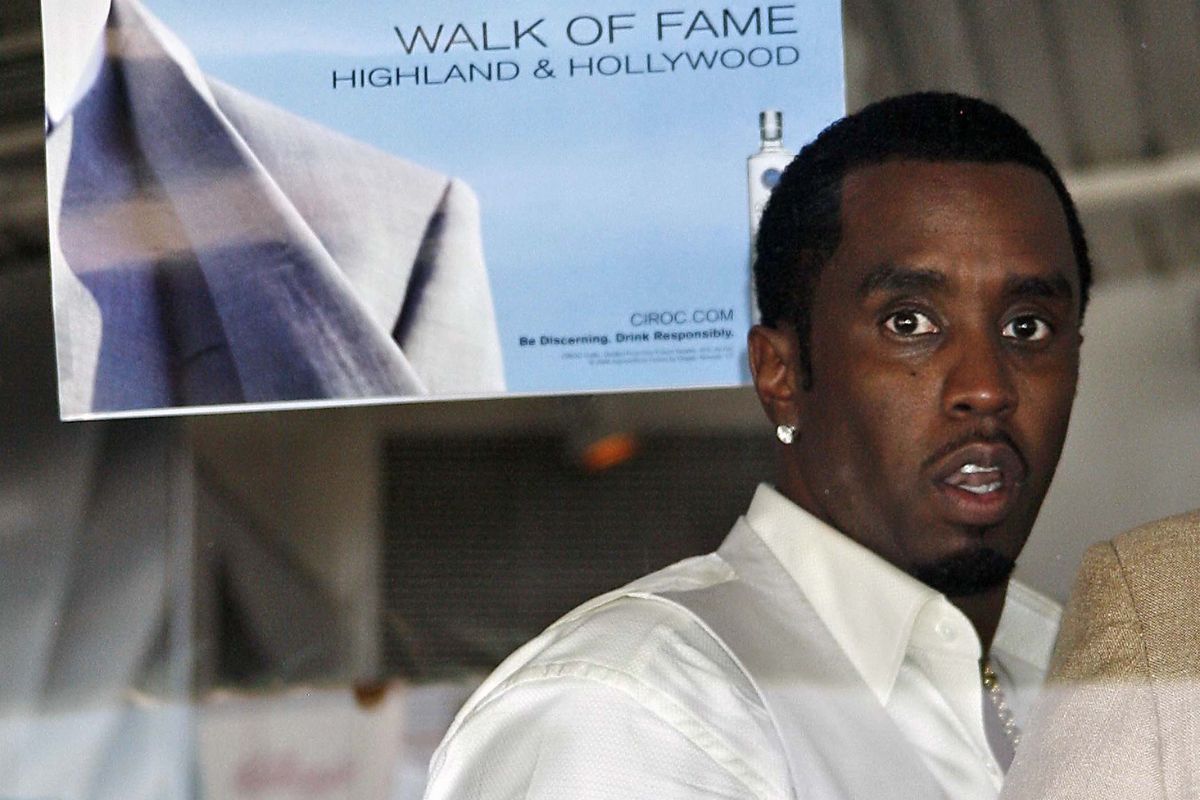Sean “Diddy” Combs had his plea for a gag order denied by a federal judge, meaning he cannot silence any potential witnesses or their attorneys before his upcoming legal battles.
Diddy sought restrictions aimed at preventing those who claim to be his victims, as well as their lawyers, from making public statements that he argued could interfere with his right to a fair trial.
However, Judge Arun Subramanian firmly rejected the motion, ruling that such broad limitations fall outside of the court’s rules.
The request was seen as an extreme and unusual measure that the government opposed, labeling it “extraordinary and beyond the purview” of the legal framework.
Rooting his decision in established legal precedents, Judge Subramanian explained that local rules don’t authorize broad restrictions on speech that could silence potential witnesses, some of whom have yet to be identified.
“Combs’s authorities don’t support a gag order applicable not only to trial participants but also to any alleged victim and their lawyer,” the judge wrote as part of a detailed opinion.
Subramanian added that the severe nature of gag orders often makes them a “last resort” legal remedy, an approach not warranted in this scenario.
As Subramanian noted, “less restrictive alternatives must be considered and rejected before imposing a restraint on speech.”
Diddy had referenced various legal cases in his argument for the gag order, but the judge found these citations insufficient.
The motion was described as excessively wide in scope, treating witnesses and their attorneys similarly, potentially impacting other related legal proceedings, something Subramanian saw as a step too far.
In a further blow to Diddy’s legal strategies, Judge Subramanian also turned down his request to have witnesses withdraw online posts that Diddy claimed violated local rules.
Additionally, Diddy asked for access to government communications about these extrajudicial statements, a demand the court also declined to grant.
“The unprecedented relief that Combs seeks on this motion is unwarranted,” the judge wrote in his conclusion.
Subramanian pointed to existing steps already taken by the court, including reminding all parties of the standards set by federal and local rules on public statements about the case.
